Emer Moreau and Connie Bowker

 Abbi Lily
Abbi Lily
Abbi, who makes personal finance content on social media, says she and her partner delay turning the heating on, to save money
There are few things British people love more than talking about the weather, and as winter approaches, this can often take the form of: "Have you turned the heating on yet?"
You may get different answers depending on where in the country you are - the northern and western parts of the UK are generally colder and wetter than the east and south.
But temperatures across the country are due to drop this weekend. And on Sunday the clocks go back, marking an official end to British Summer Time - and the return to darker evenings as winter draws in.
So will you wait until a particular date to reach for the thermostat? Or until the temperature drops below a certain point?
'We hold off for as long as possible'
Abbi Lily, who makes personal finance content under the moniker abbitalksmoney, says she and her partner try to "wait until the absolute last minute" before turning the heating on, in order to save money.
They're currently using blankets and jumpers to stay warm "so we can hold off as long as possible", but they don't have a hard and fast rule about when the heating goes on.
When she spoke to the BBC earlier this week, Abbi said it was still quite mild where she lives near Bournemouth.
"I'm wearing shorts today!" she said.
The Energy Saving Trust recommends setting the thermostat to anywhere between 18C and 21C for most people.
The World Health Organisation (WHO) also recommends 18C for "healthy and well-dressed people". For older people, children and people with illnesses or disabilities, the WHO recommends 20C.
Some people might keep a closer eye on the outside temperature, instead of their thermostat. Simon King, the BBC's lead weather presenter, says 15C tends to be the magic number. "If the temperature is regularly below this for a few days or more, that is when people tend to switch their heating on."
Temperatures across the UK are expected to fall this weekend as colder air from the Arctic spreads in, he adds.

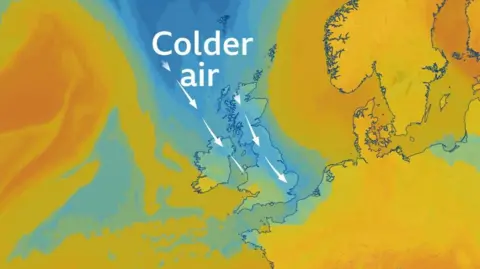
Cold arctic air will affect all of the UK this weekend
Rather than monitoring the temperature too closely, Gemma Bird from Essex waits until a certain date to turn the heating on.
"Growing up, my mum would only let us turn on the heating on 1 November," says Gemma, who shares money-saving household tips on Instagram.
"I remember thinking I'd never be like that, but obviously with the cost of everything now, I say: 'Is it 1 November? No? Put an extra blanket on.'"
Indeed, for many households, the question of when the heating goes on is about money, not health or comfort.
'Our Aga is like having a permanent fire in the house'
Aimee Blakey lives with her husband Sean and their son in a detached 1980s house in Wiltshire. The couple both come from farming backgrounds, she says, where they were taught: "If you're cold, you put a jumper on. If you're really cold, put a dressing gown on."
Aimee had always wanted an Aga, but buying a new one was too expensive when they started renovating two years ago. They were able to get a second-hand one, which they're now "obsessed with".

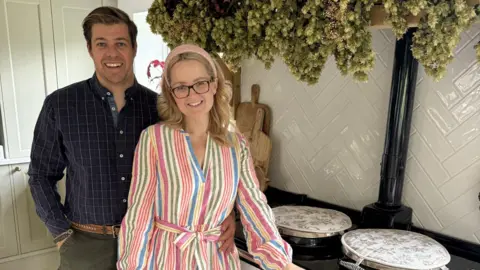 Aimee Blakey
Aimee Blakey
Aimee and Sean had a second-hand Aga installed in their home last year
An Aga is an iron cooking range which absorbs heat and then releases it slowly, so the cooker stays warm even when it's not in use.
Agas originally ran on slow-burning coal, but today's models are powered by gas, electricity or biofuel. They can be expensive to run but, for Aimee and Sean, it saves them money on heating costs.
"It's like having a fire permanently in the house," she says. They first used the Aga on 1 October, but haven't switched their oil boiler on yet.
Aimee says she was worried about the cost of running the Aga when it was installed a year ago, but it's currently costing them less than the £100 a month they had budgeted for oil.
"Because it's oil we can fill it up at any time. We filled it up during the summer when it was cheaper."
'In the US, we turn on the heating when it's cold. Over here, it's a hot topic!'
American-born Olivia Carney lives in Greater Manchester with her British husband. She says she's amused by the "unspoken competition of who can turn it on the latest".
"In the US we kind of just turned it on whenever it was cold," Olivia, 33, says. But in the UK, "it's a hot topic in the office".
"There seems to be a clear divide of people waiting until the absolute last minute or people who are just like, 'Yeah, no, I'm not gonna be cold in my own house.'"
Olivia first turned the heating on in mid-October, with the thermostat set to 18C "so when it warms up to that it turns off".

 Olivia Carney
Olivia Carney
Olivia Carney finds the British obsession with the heating funny
Caitlin Robinson, who studies energy and infrastructure-based inequality at the University of Bristol, says bills are still much higher than they were before Russia invaded Ukraine in 2022, leading to a spike in the cost of gas and electricity.
Dr Robinson says it can be "tricky to give advice" on lowering energy bills because most people are "sensible" and "savvy" anyway, especially if they're on a low income.
Her research indicates that it's not just low-income households that are making considerable cutbacks on their heating, as evidenced through the "record levels of energy debt" in Britain.
People struggling to pay their bills can experience heavy stress, Dr Robinson says.
Mental health can also suffer if people aren't having people around to the house because they can't heat it, leading them to become socially isolated.
Privacy, too, can be in short supply if families are only heating one or two rooms in a house and people have little space to themselves.
Gemma, who works from home, wears tights under her clothes and swears by her electric blanket.
"I can turn [the heating] on if I have to, but obviously there are loads of people who can't, which is awful."

 Movie
Movie 1 month ago
103
1 month ago
103 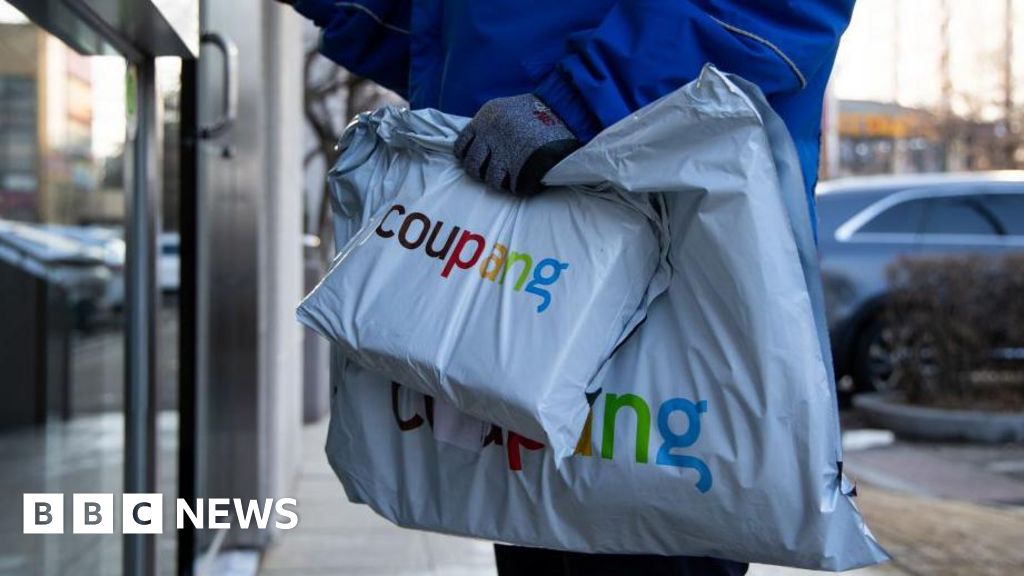

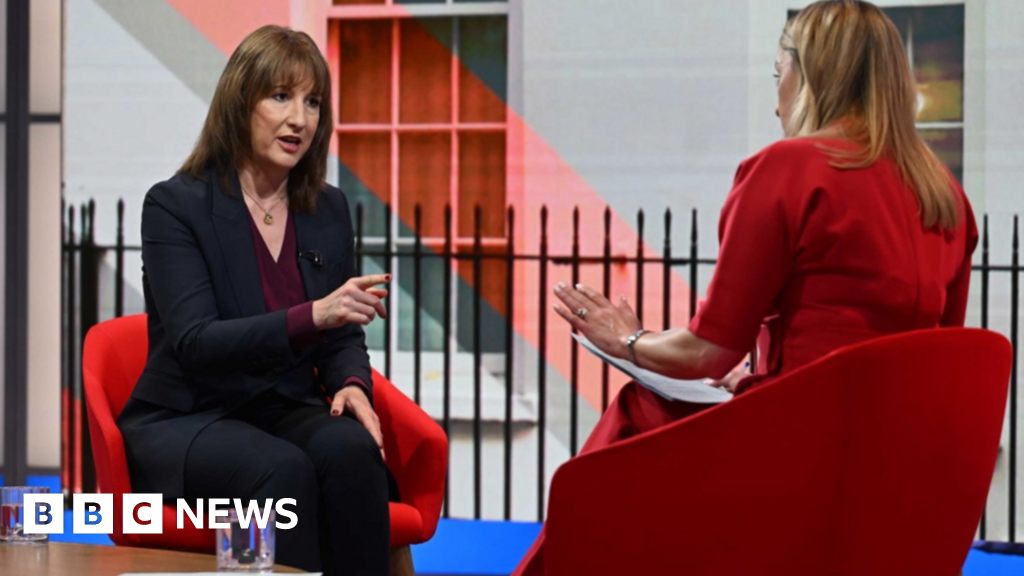
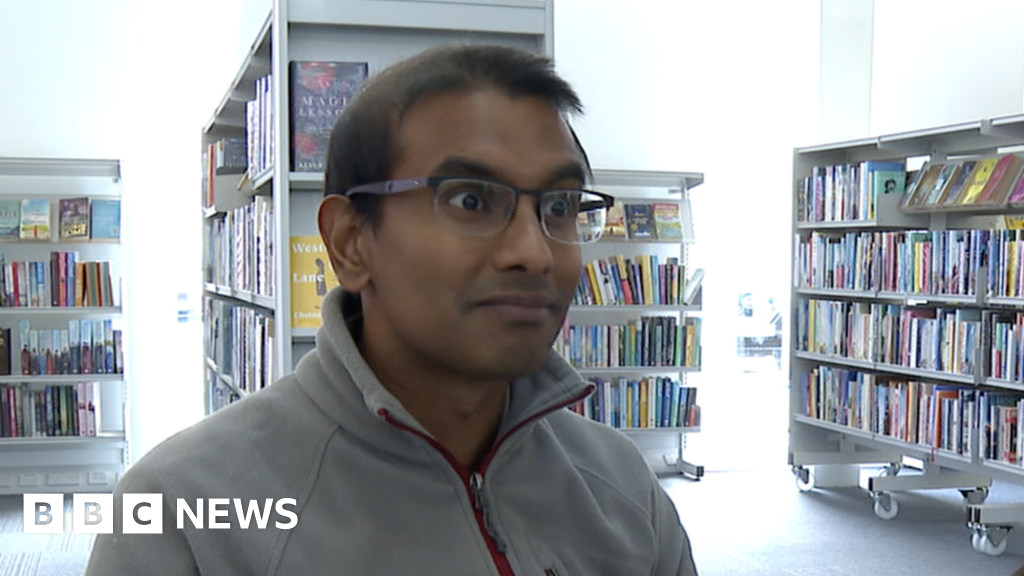
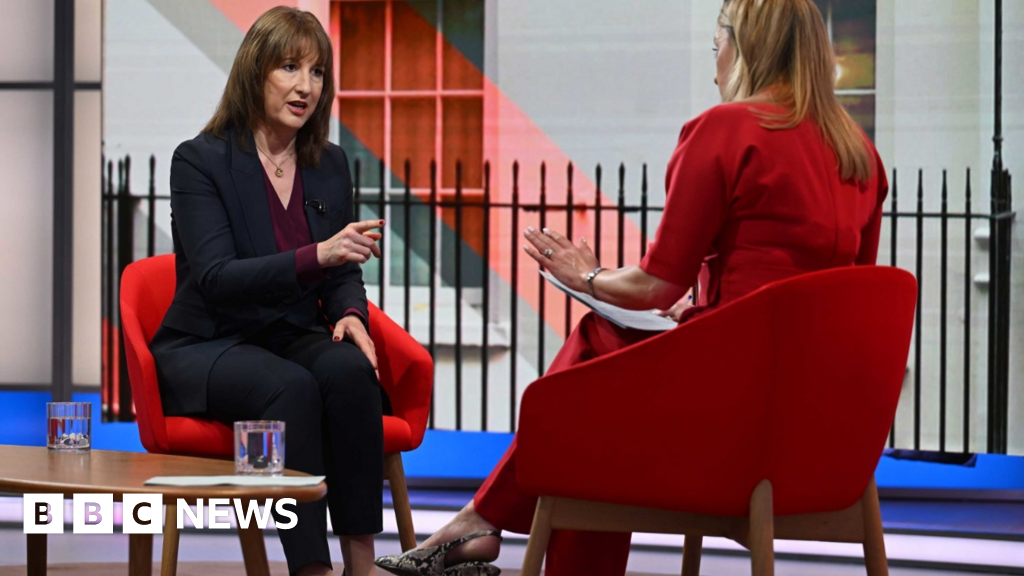

![Presidents Day Weekend Car Sales [2021 Edition] Presidents Day Weekend Car Sales [2021 Edition]](https://www.findthebestcarprice.com/wp-content/uploads/Presidents-Day-Weekend-car-sales.jpg)




 English (United States)
English (United States)